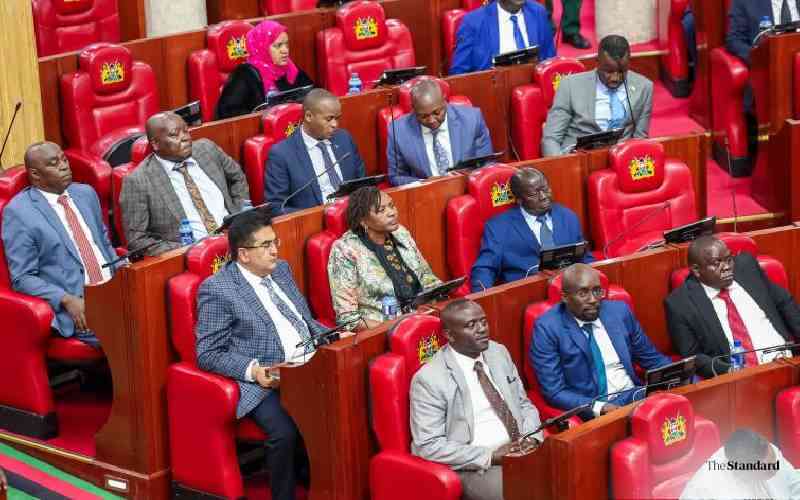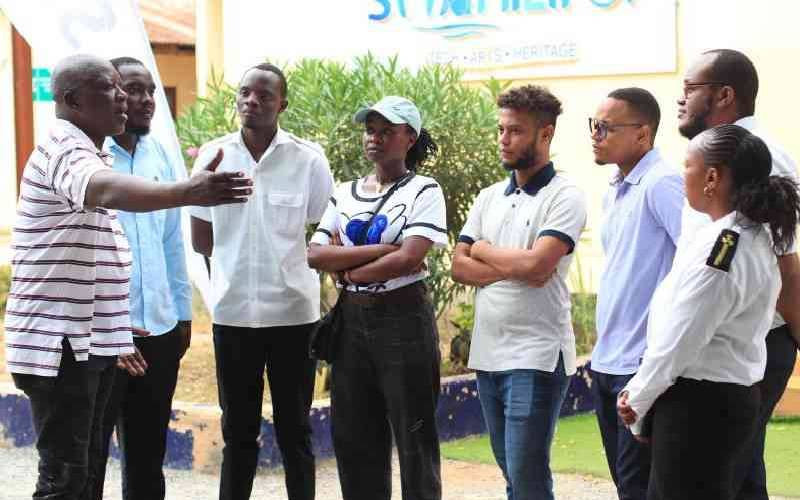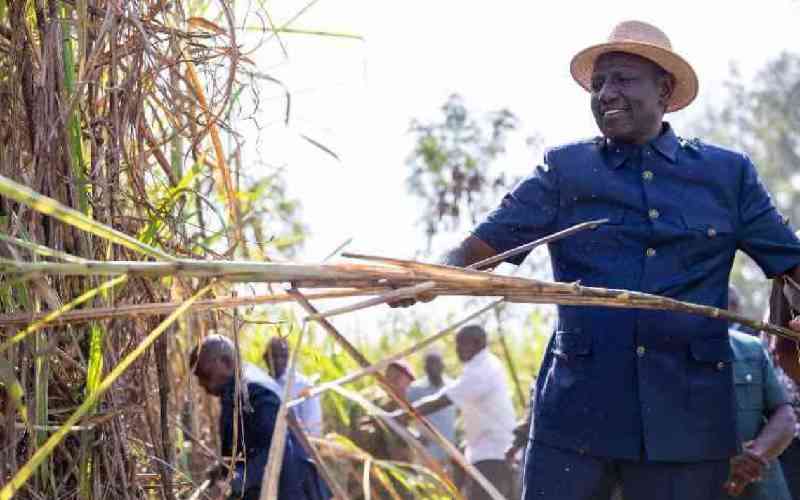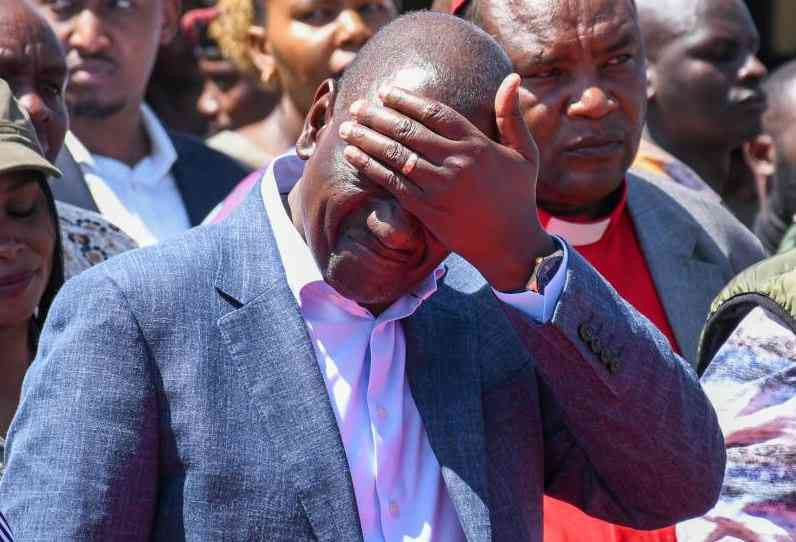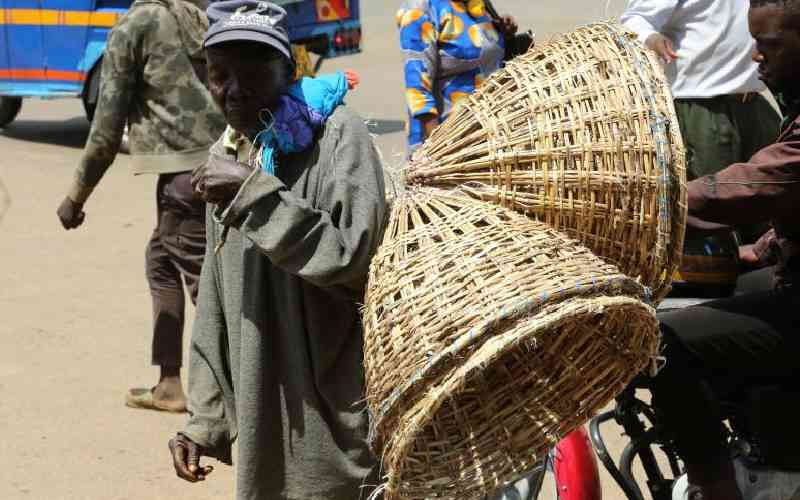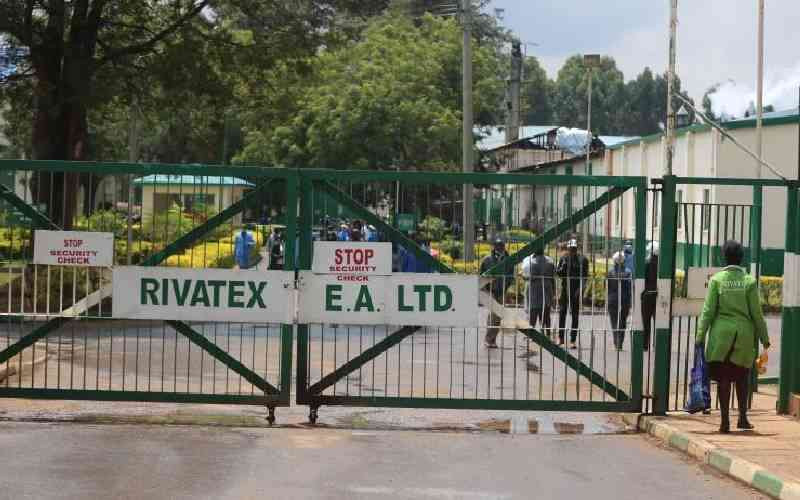
Who is a valuer and what does he or she do? For many people, a valuer’s work is to “guess” the price of land, houses, or buildings, and then compile and submit a valuation report. Only a few people appreciate that valuation is a highly technical process guided by professional standards, and undertaken by professionally trained, registered, and licensed individuals who adhere to a strict code of conduct.
This misconception makes valuation one of the most misunderstood professions. And now, the misconception could get worse should the government succeed in implementing its proposed policy on public asset valuation in its current form. Several proposals in the Draft Government Asset Valuation Policy Framework for the Public Sector, 2025, contravene existing legislation and undermine the integrity of the valuation profession, defeating the very purpose for which it is being created, which is to enhance accountability and transparency in the management of public assets.
One of the most egregious proposals in the draft policy is that accountants, auditors, engineers, or even internal government staff may conduct valuations. These officers don’t have the training, competence, or capability to ensure public assets are valued efficiently, professionally, and effectively. This is a direct violation of the Valuers Act (Cap 532), which explicitly reserves valuation practice for registered professionals under the oversight of the Valuers Registration Board (VRB).
Valuation is not just a matter of assigning a figure to a building, a parcel of land or an asset. Rather, it is a professional opinion underpinned by rigorous research, standardised methodologies, and independent judgment. Kenya’s valuation system, anchored by the Institution of Surveyors of Kenya (ISK) and regulated by the VRB, has for decades ensured accountability by requiring that valuers are trained, indemnified, and disciplined to protect consumers. That is why valuers are bound to national and international standards, including the Kenya Valuation Standards and the International Valuation Standards, which ensure consistency and comparability.
The Valuers Act clearly stipulates that no person shall practise as a valuer unless they are registered. It also prescribes the professional route of education, supervised practice, and registration of a valuer by VRB. Only VRB registered valuers are permitted to undertake valuations, sign, and submit valuation reports.
Allowing untrained and unregistered people to conduct valuations will not only erode the integrity of the process, undermine the independence of valuation, and open dangerous loopholes for misrepresentation, but also lead to undervaluation or overvaluation of public assets – buildings, machinery, vehicles, electronics, and ICT equipment – and systemic corruption, or outright theft. The result would not only lead to legal disputes over the validity of valuation reports but also loss of public trust in how the government manages public assets that belong to all Kenyans.
It is even more absurd that the draft proposes the formation of a Public Assets Valuation Board to, among other things, guide the public sector entities on valuation and develop standard operating procedures on valuation of public assets. This contravenes the Valuers Act that establishes VRB as the sole statutory authority for licensing and regulating valuers and valuation practice. The creation of two parallel boards is an illegality, a duplication of roles, and a clear wastage of public funds.
As if the parallel boards clause is not enough, the draft proposes that ministries and agencies may appoint internal staff to carry out valuations. In addition, the draft recommends the creation of ambiguous supervisory offices, yet that role is well covered and taken up by the Chief Government Valuer, whose function includes valuation of government assets and supervision of valuation of government assets. This again is another duplication of roles and a waste of public resources.
Another concern is proposed establishment of Intergovernmental Relations Technical Committee to resolve intergovernmental disputes that may arise during the valuation and transfer of assets between national and county governments. This is unnecessary because the Valuers Act empowers VRB to investigate complaints about professional misconduct, negligence, or improper practices by registered valuers.

